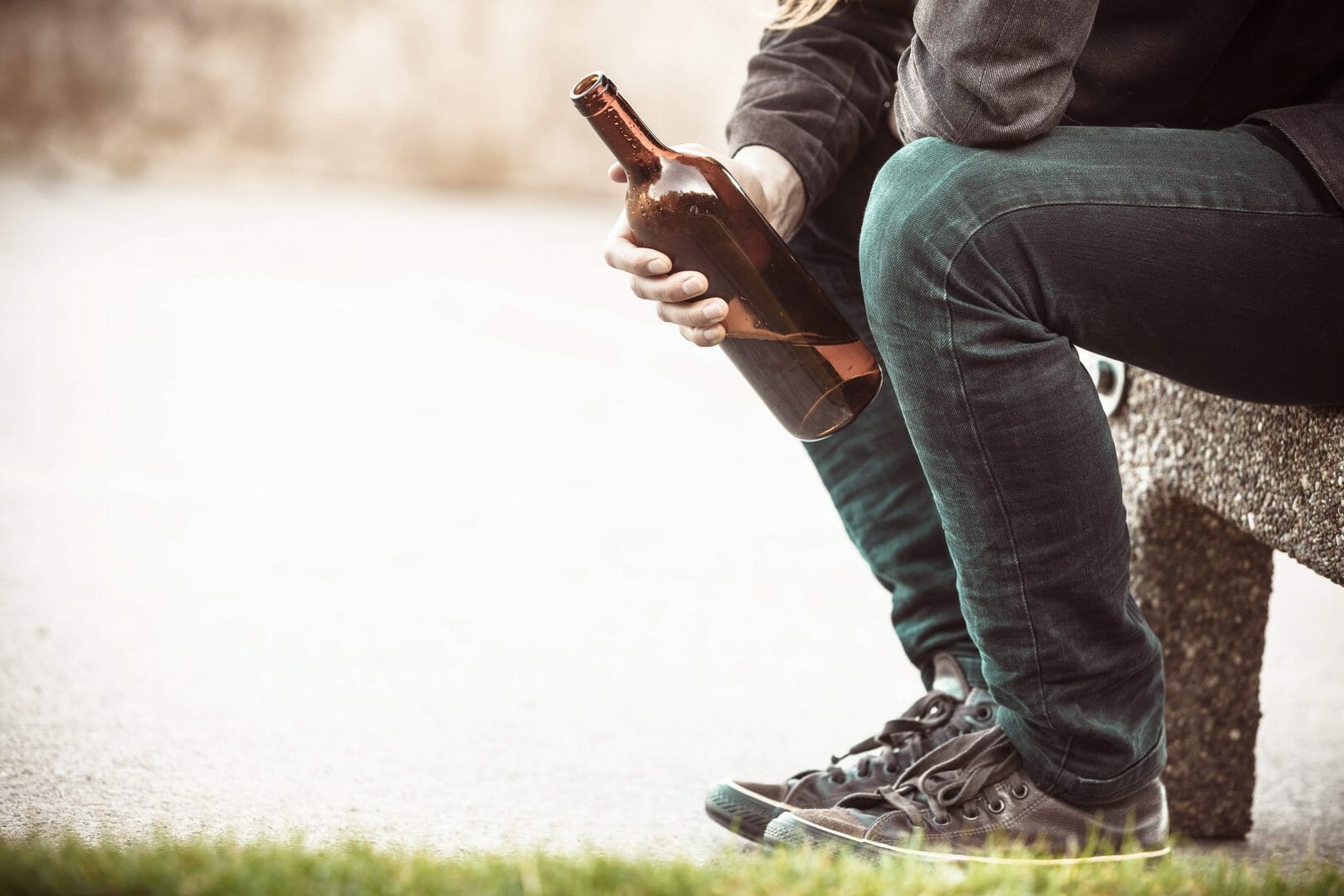
The dangers of second-hand smoking are now common knowledge, but this is not the only drug that can have a negative impact on non-users. Alcohol is not only capable of causing damage to the drinker but also his or her family, friends, and even complete strangers. Those individuals who stick to sensible limits will not usually be causing much suffering for others but alcohol abusers can be the source of a great deal of harm to others.
What is Second-Hand Drinking?
Second-hand drinking can be defined as the negative effects people experience by being around those who drink alcohol excessively. Alcohol is a mind-altering substance, meaning that it changes the way people think and behave. Once a person becomes addicted then it can have a profound impact on the way he or she acts, which will almost certainly begin having consequences on others. Some examples of the effects of second-hand drinking include:
- financial struggles for the family because one member is spending too much money on alcohol
- arguments in the home fuelled by alcohol consumption
- domestic abuse – alcohol consumption can trigger this behaviour, but there are also other issues involved (for example, if the person quits drinking, it may not be enough to stop the abuse)
- emotional abuse due to alcohol such as saying nasty things about others
- other people suffer because alcohol abuse means the person is unable to fulfil social, work, or family commitments
- drink driving can severely impact the lives of passengers as well as complete strangers, and it can often end in death
- heavy drinking impacts the mental health of the person doing it, which has a knock on effect for others
- the behaviour becomes a source of concern for other people.
Second-hand Drinking and Children
It is often children who end up suffering the most due to second-hand drinking. Growing up in a home where one parent is an alcoholic can be extremely traumatic, and it can scar the young person for the rest of their life. In fact, it is common for alcoholics to come from homes where they needed to cope with alcohol abuse as children. This type of behaviour can be extremely scary for kids, but it can reach a stage where they begin to believe that this way of living is normal.
Adults are able to walk away from an abusive heavy drinker, but children often do not have this choice. They may be completely dependent on this other person, and they may even start to blame themselves for the behaviour. Alcoholics can be extremely irrational and manipulative due to the denial of addiction, and they may even tell the child that it is his or her fault; for example, “you make me so stressed out that I need a few drinks to relax.” Children may be deeply ashamed about the drinking and may feel the need to lie about it to others by pretending everything is fine at home.
Second-Hand Drinking and Partners
It is common for the partners of alcoholics to take on a type of caregiving role where they need to constantly dealing with the consequences of the behaviour. This sometimes evolves into a state of co-dependency where the partner of alcoholic starts to lose his or her identity. The relationship can be extremely abusive, but the partners may feel unable to leave because they have invested so much of their identity into the relationship.
Partners can end up deeply traumatised as a result of living with an alcoholic, but the focus is usually on helping the person who is drinking. This means that even if the person who is addicted manages to quit, the partner can continue to have issues.




